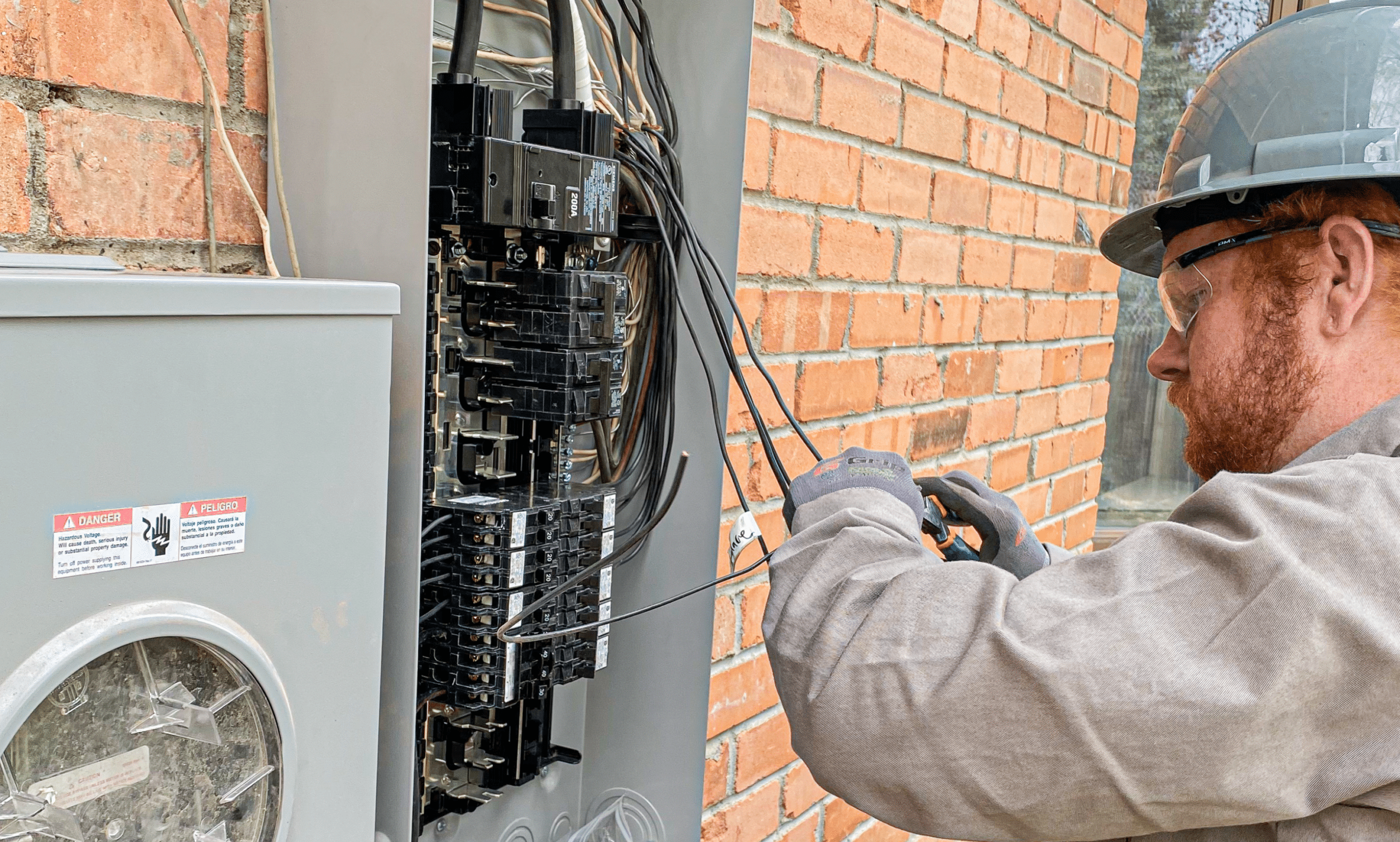
FAQ: How to Not Overload Your Electrical System
Understanding your home’s electrical capacity is crucial to ensure safety and efficiency. Overloading your electrical system can lead to potential hazards such as fires or power outages. To help you manage your electricity usage wisely, Piper Electric has compiled a list of frequently asked questions and expert tips on how to avoid overloading your electrical system.
1. What does it mean to overload an electrical system? Overloading your electrical system occurs when the demand on your circuits exceeds their capacity to safely handle the load. This can cause the circuit breakers to trip, indicating that the system has been stressed beyond its limits.
2. How can I tell if my home is at risk of an overload? Signs that your home may be at risk include circuit breakers frequently tripping, lights dimming when other appliances are used, and outlets or switches that feel warm to the touch. If you notice any of these signs, it’s important to address the issue promptly by calling a professional electrician in the Denver-metro area.
3. What are the dangers of an overloaded electrical system? The primary risk is an electrical fire. Additionally, overloading can damage sensitive electronics due to inconsistent power supply, and it can reduce the overall lifespan of your electrical system.
4. How can I prevent overloading my electrical system?
- Assess your usage: Understand which circuits power which parts of your home and the capacity of each circuit.
- Spread out high-wattage devices: Avoid plugging too many high-wattage devices into a single circuit.
- Upgrade your electrical panel: If your home has an older electrical system, consider upgrading your panel to accommodate modern electrical demands safely.
5. What appliances use the most electricity? Typically, heating and cooling systems consume the most electricity. Other high-wattage appliances include water heaters, dryers, and ovens. Be mindful when using these appliances simultaneously.
6. When should I contact an electrician? You should contact an electrician if you frequently trip breakers, cannot identify which circuits power what in your home, or plan to renovate or add major new appliances. An electrician can provide a detailed assessment and make necessary upgrades to ensure safety.
7. Can smart devices help manage my electrical load? Yes, smart devices such as smart plugs and home energy monitors can help you track and manage your electricity usage. These devices can provide real-time data on which appliances are using the most power and alert you to potential overloads.
Managing your electrical load is not just about safety; it’s also about efficiency and cost-effectiveness. By taking proactive steps to understand and optimize your electricity usage, you can protect your home, reduce your energy bills, and extend the life of your electrical appliances. For more tips or a detailed assessment, don’t hesitate to contact Piper Electric—your trusted partner in maintaining a safe and efficient home.
